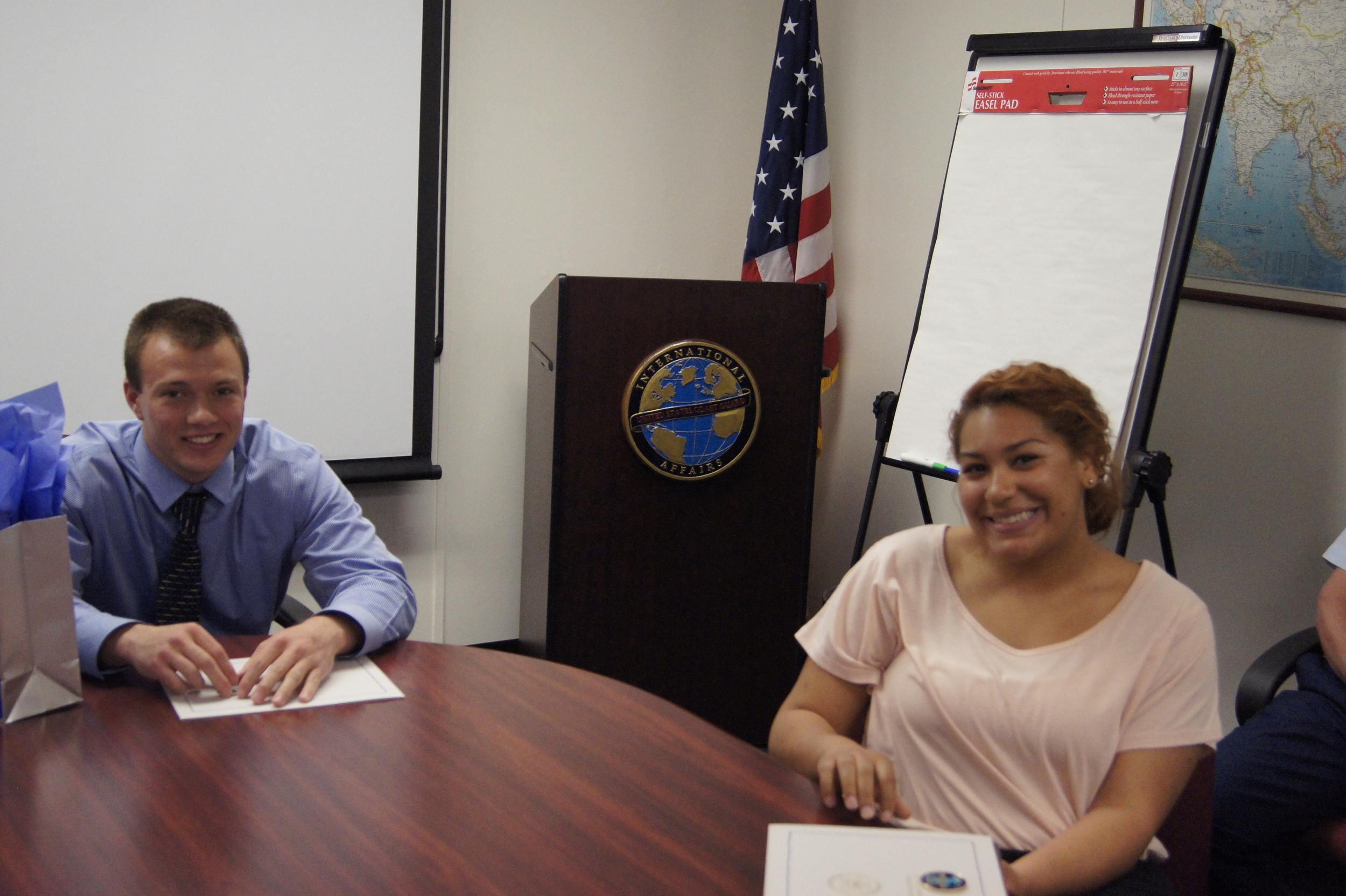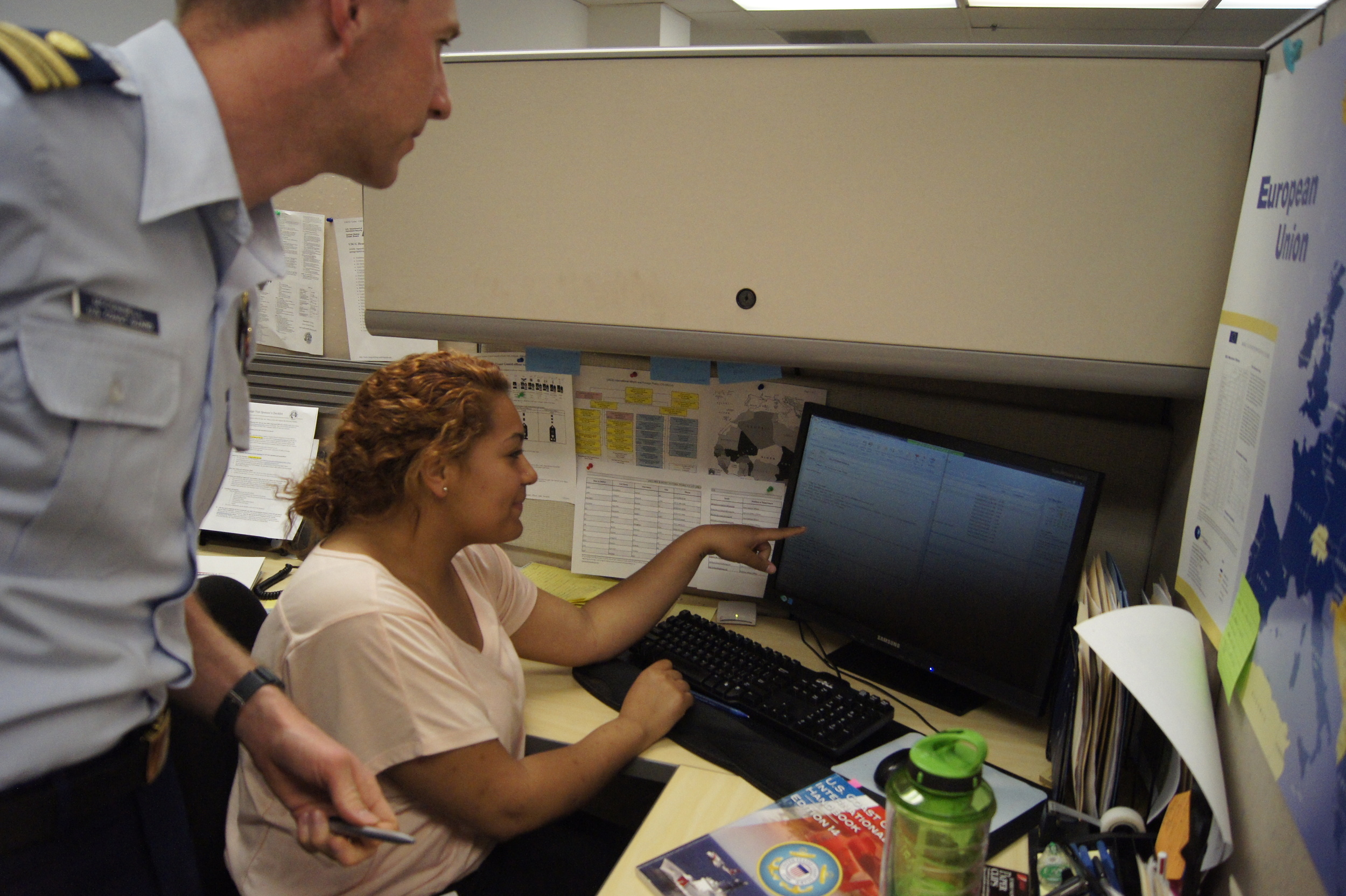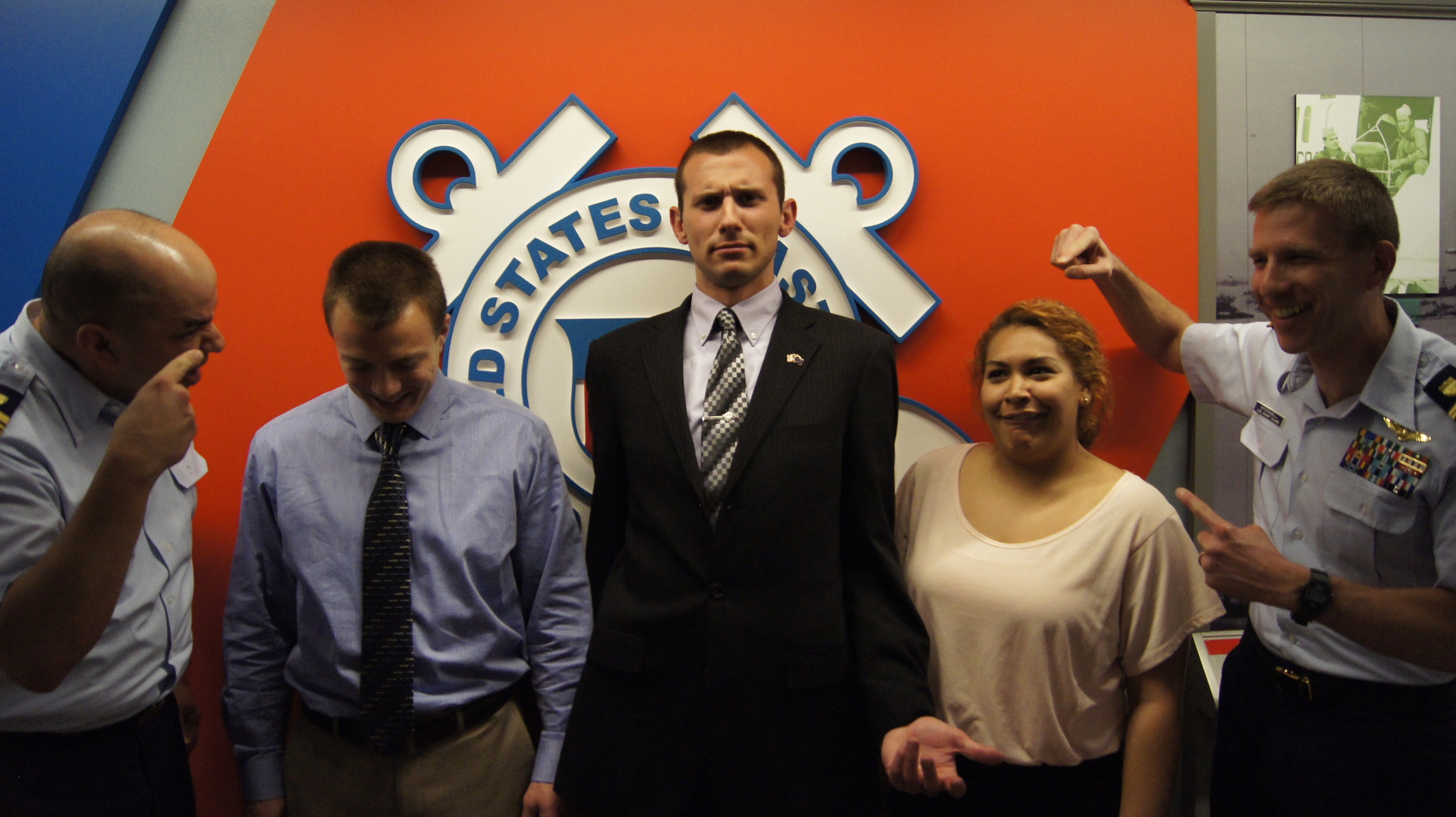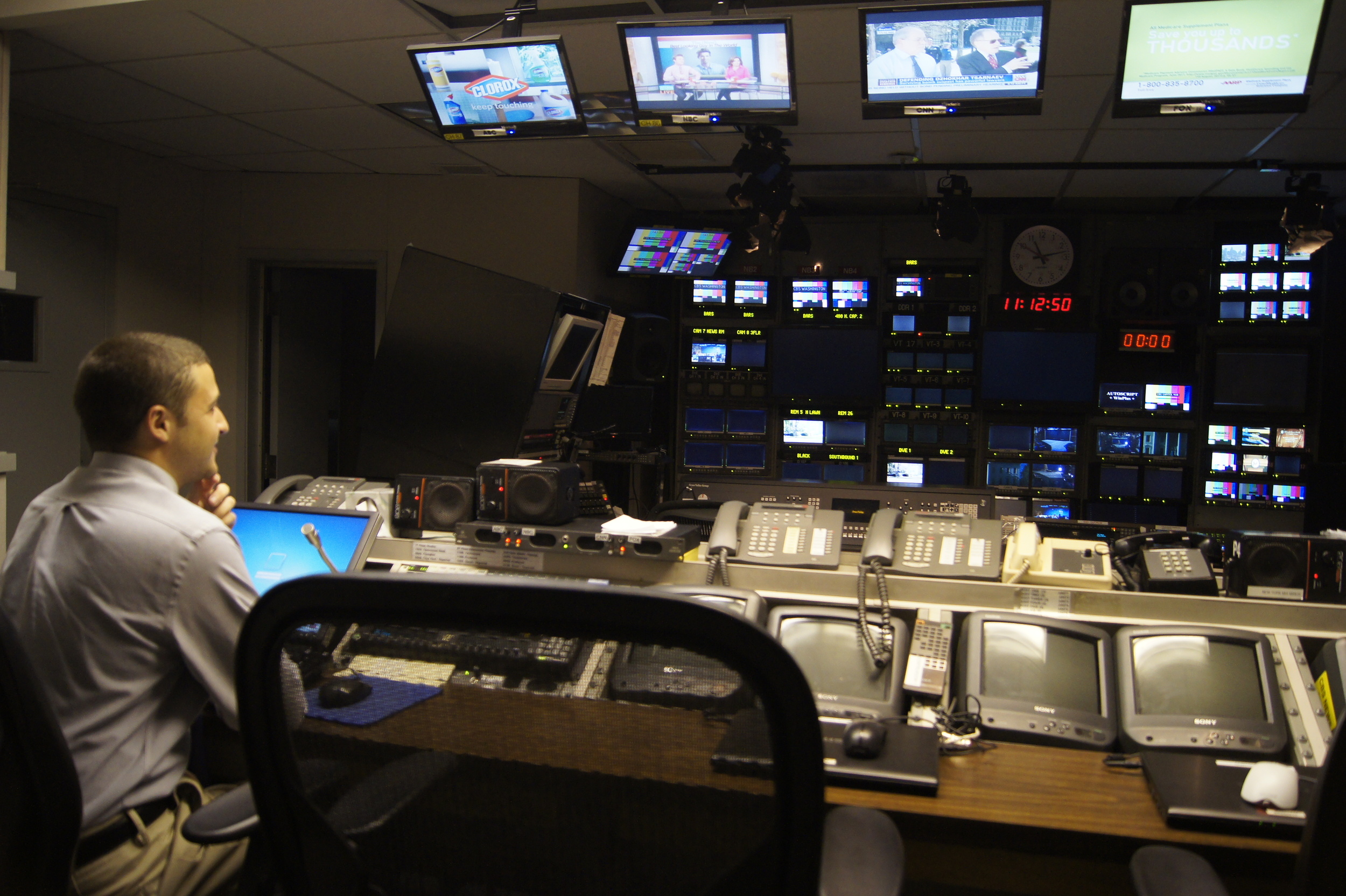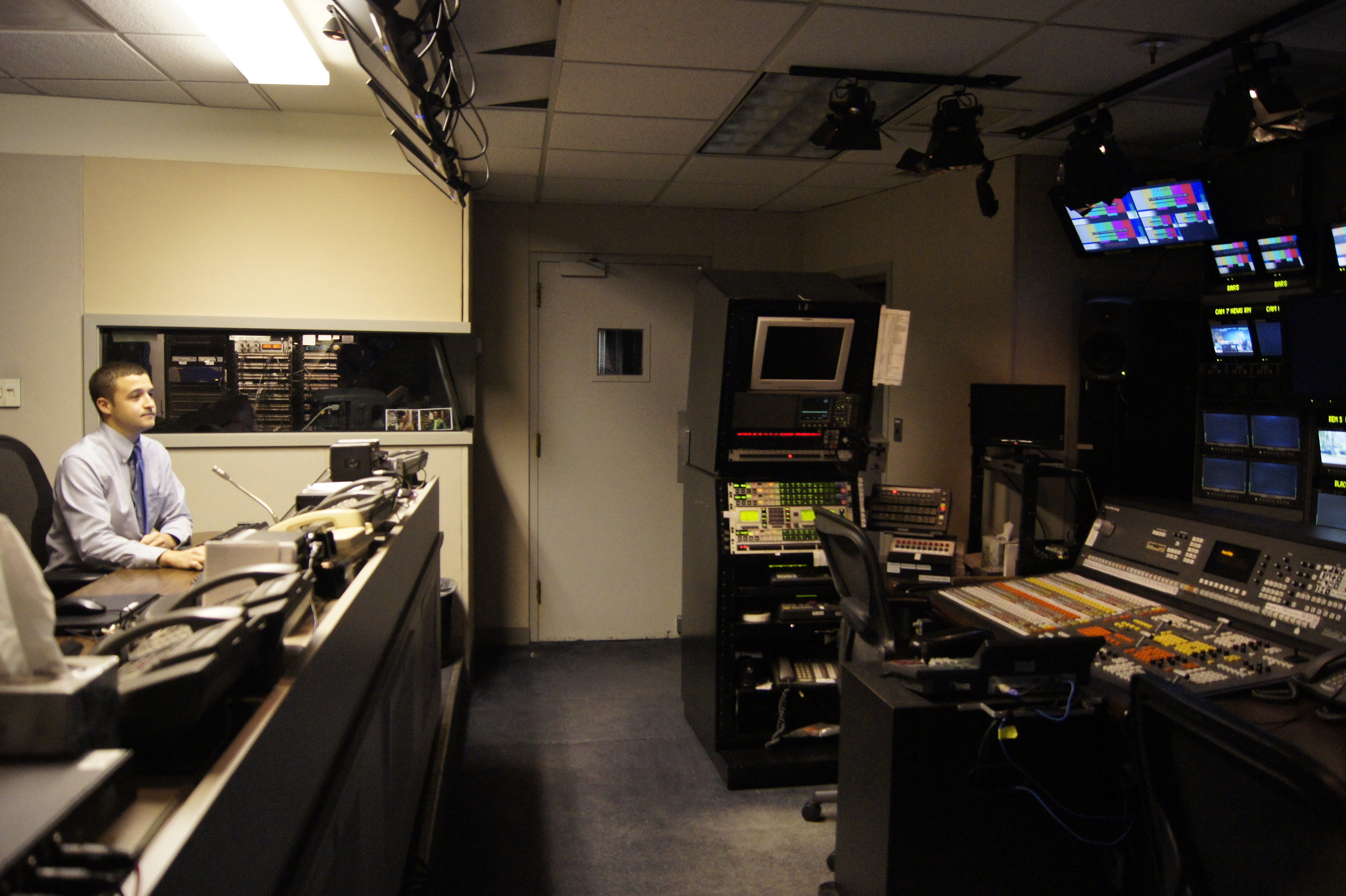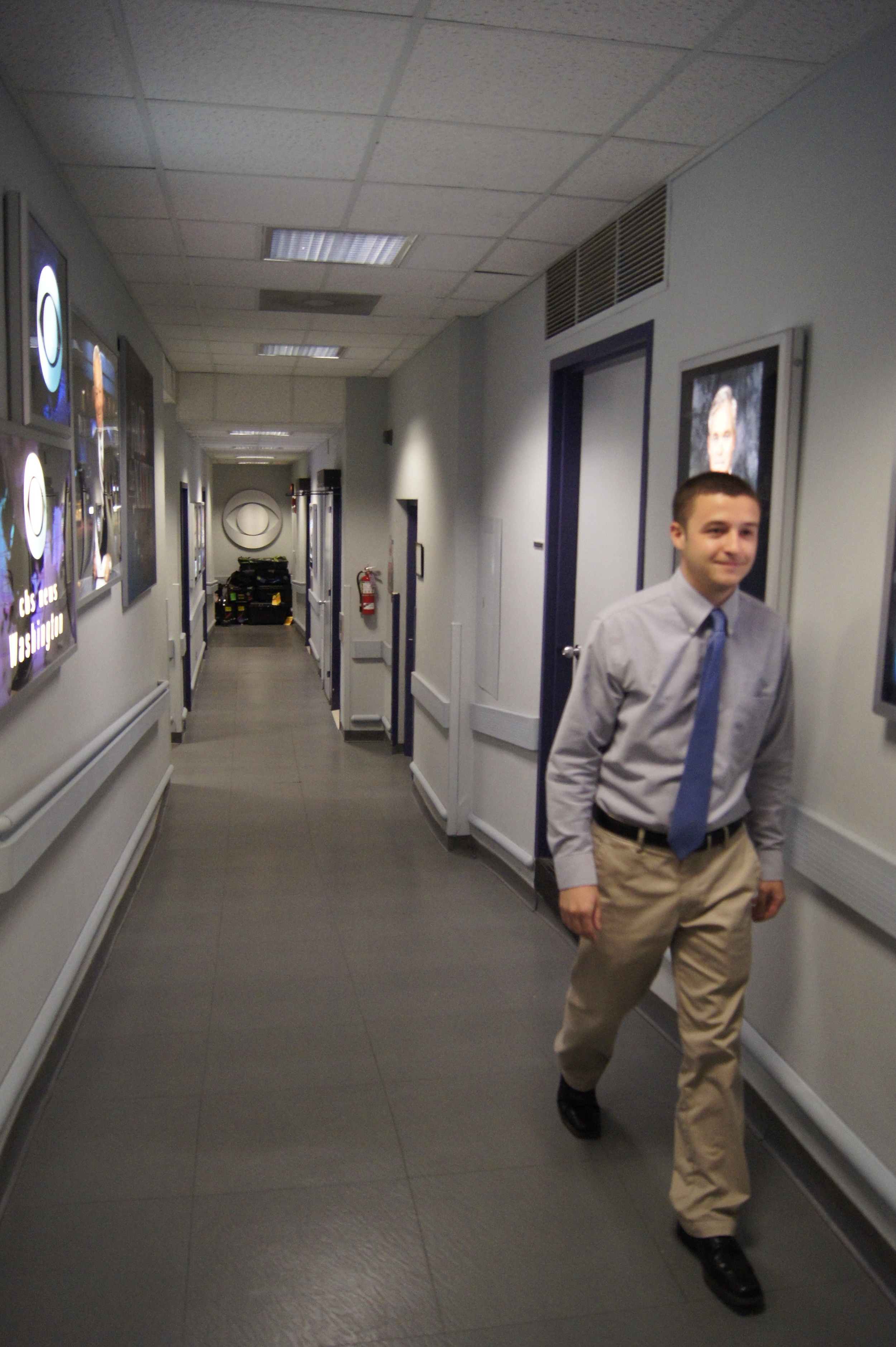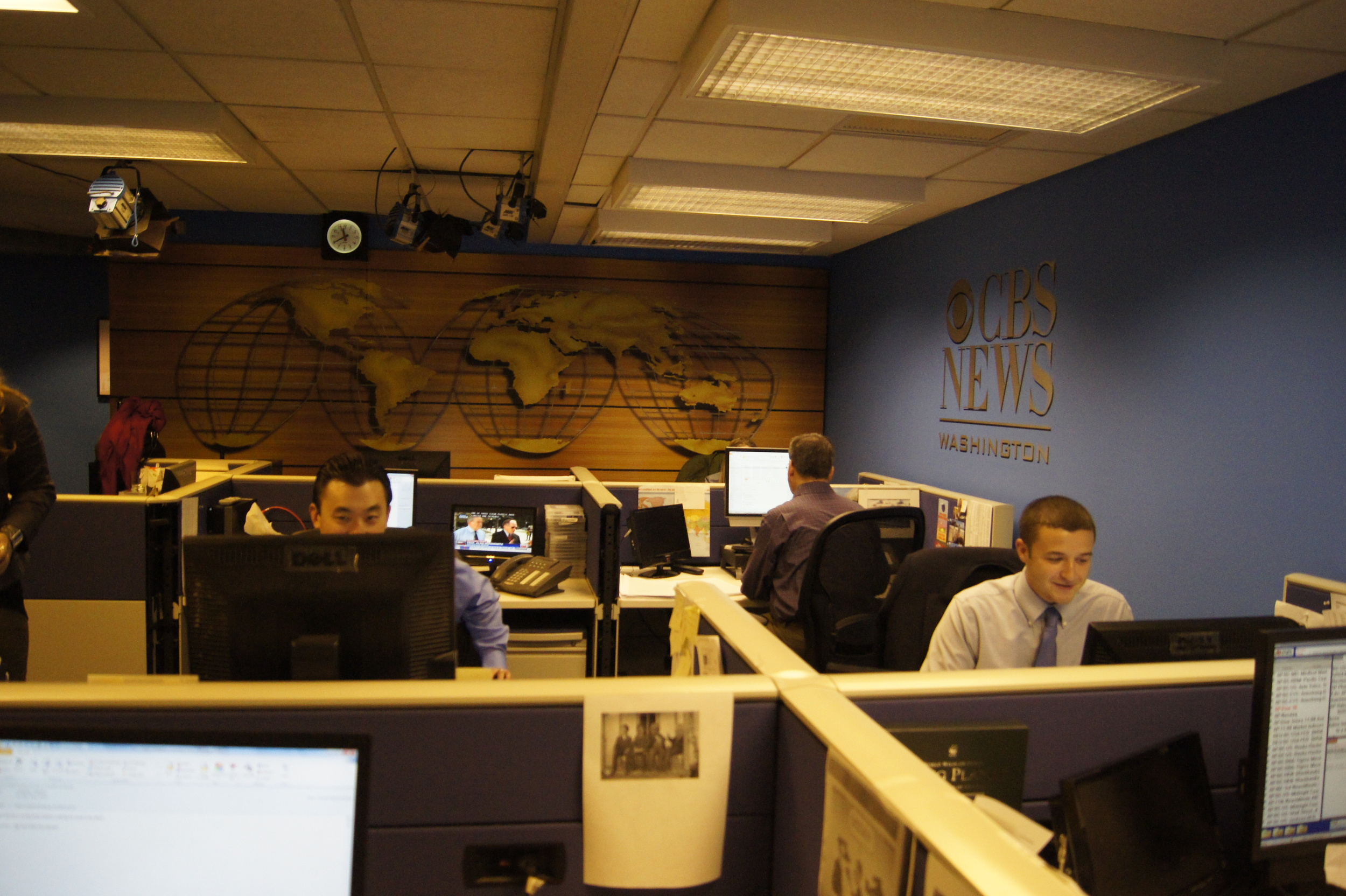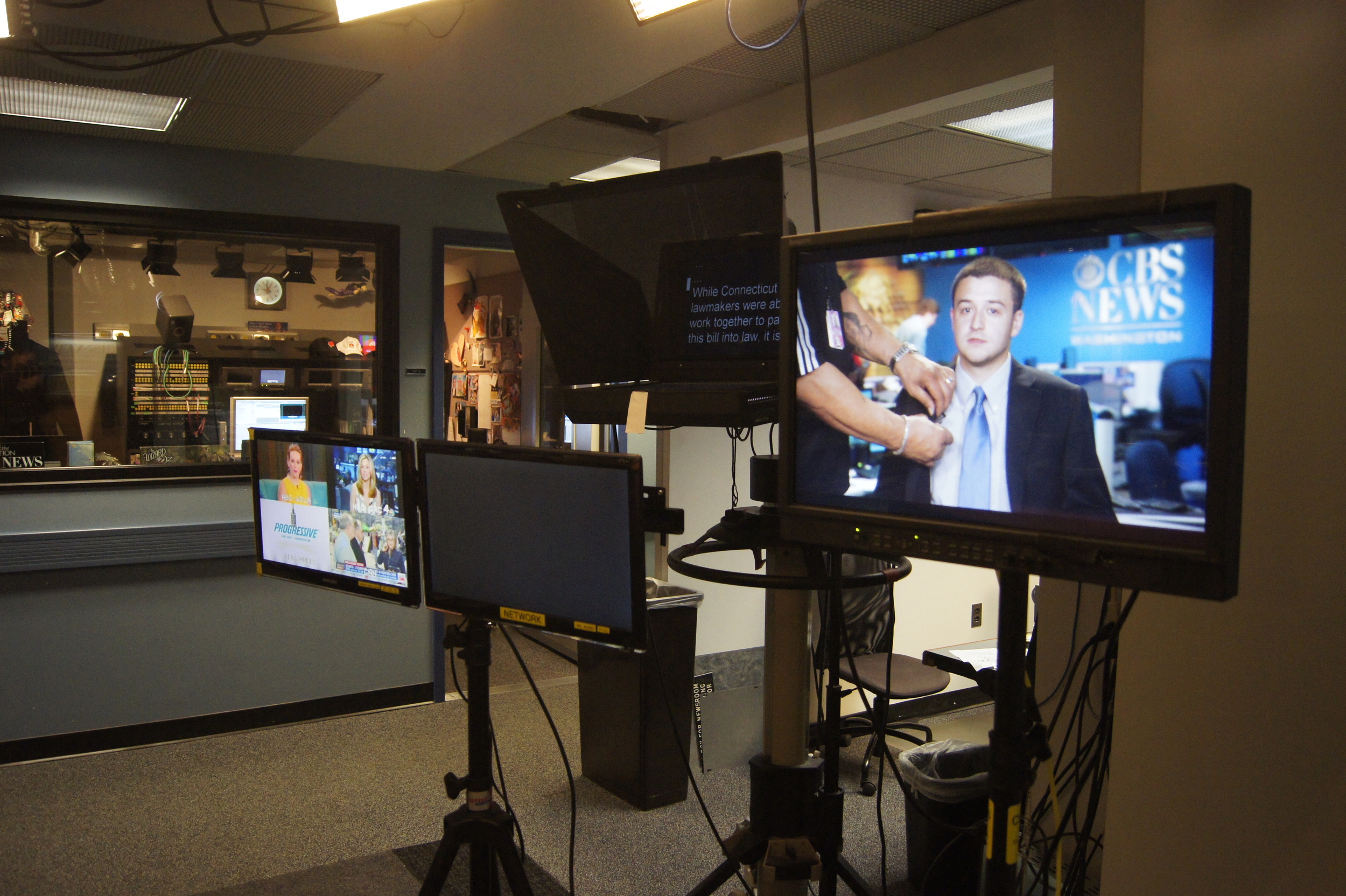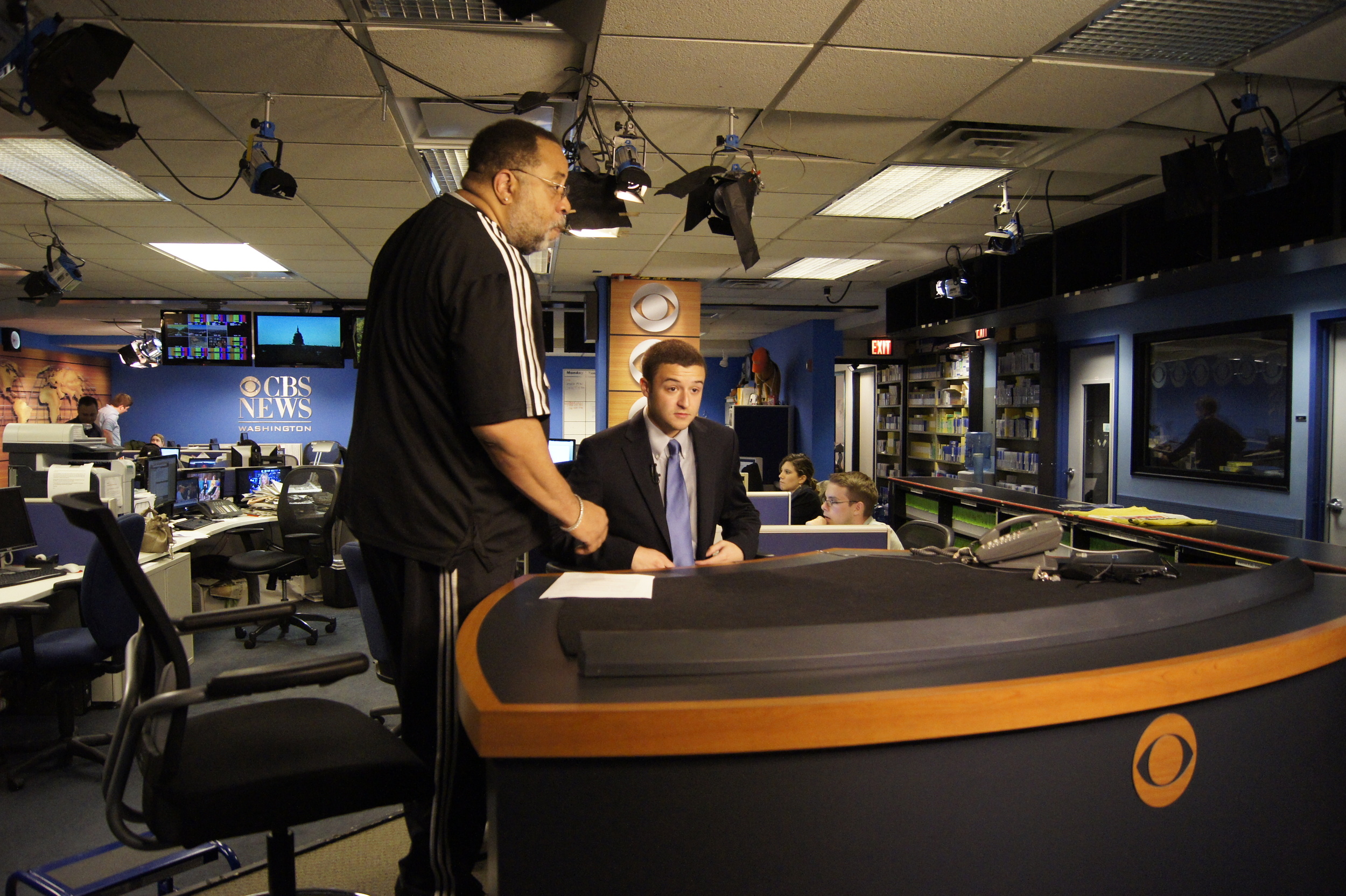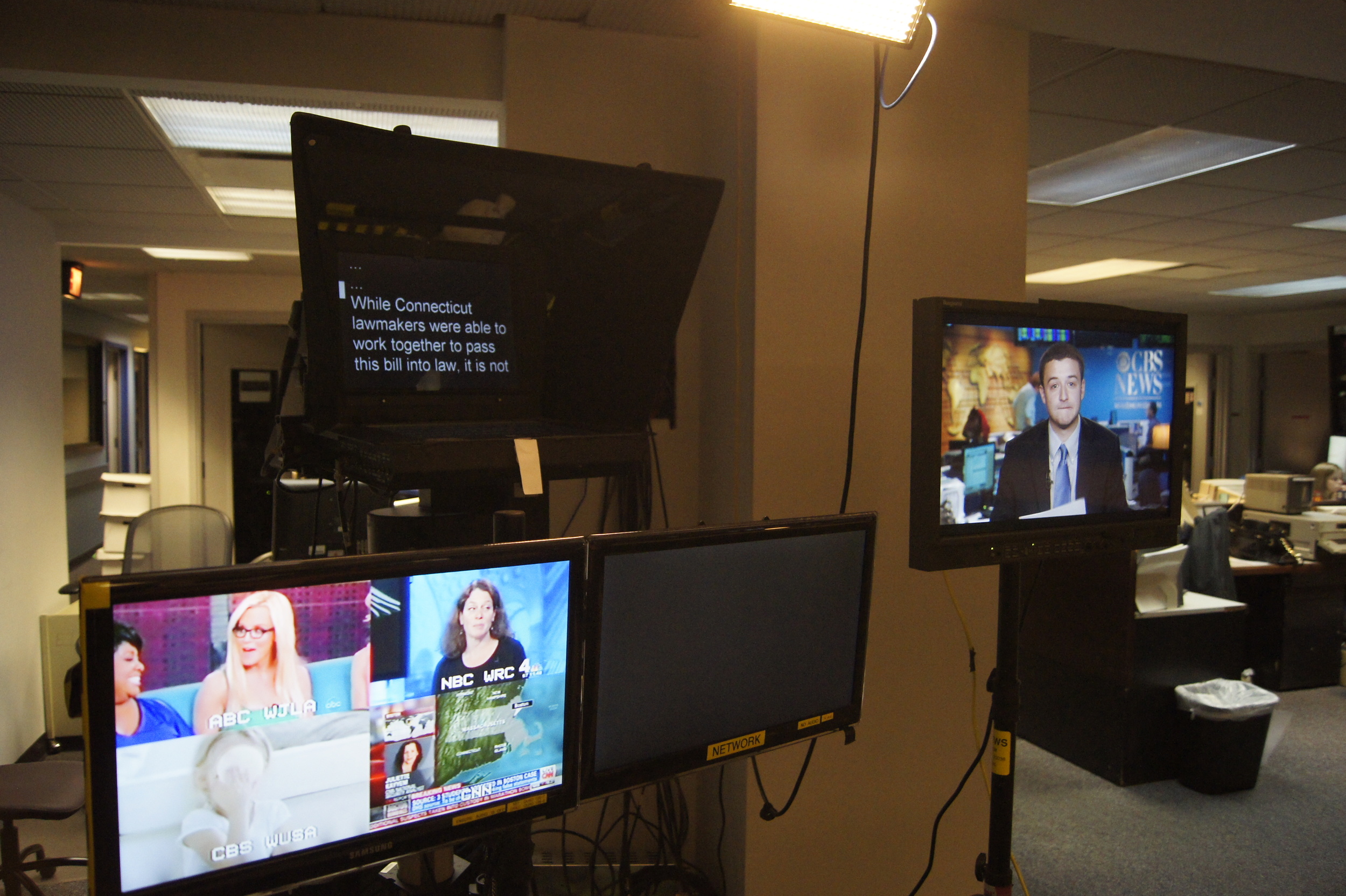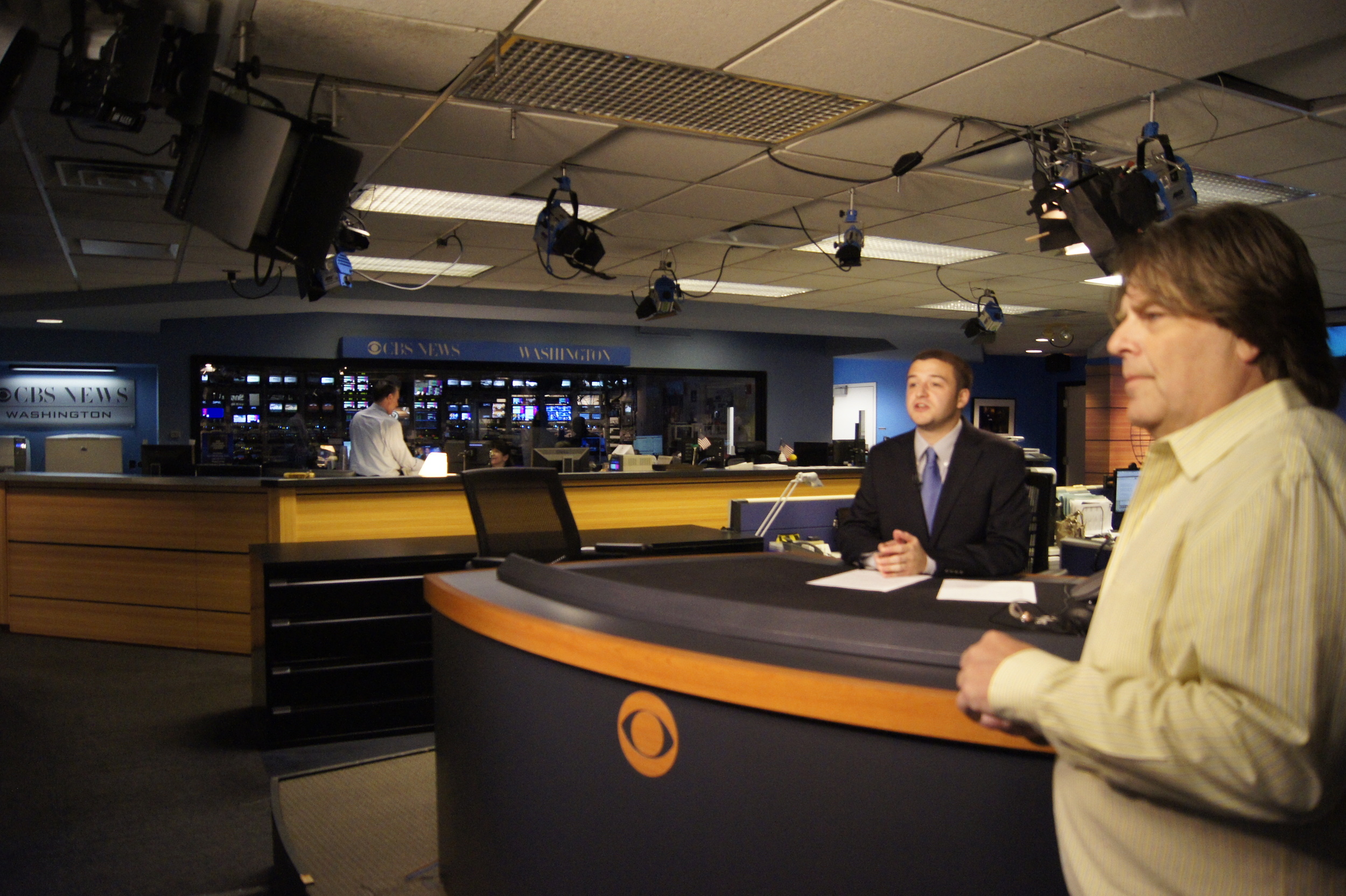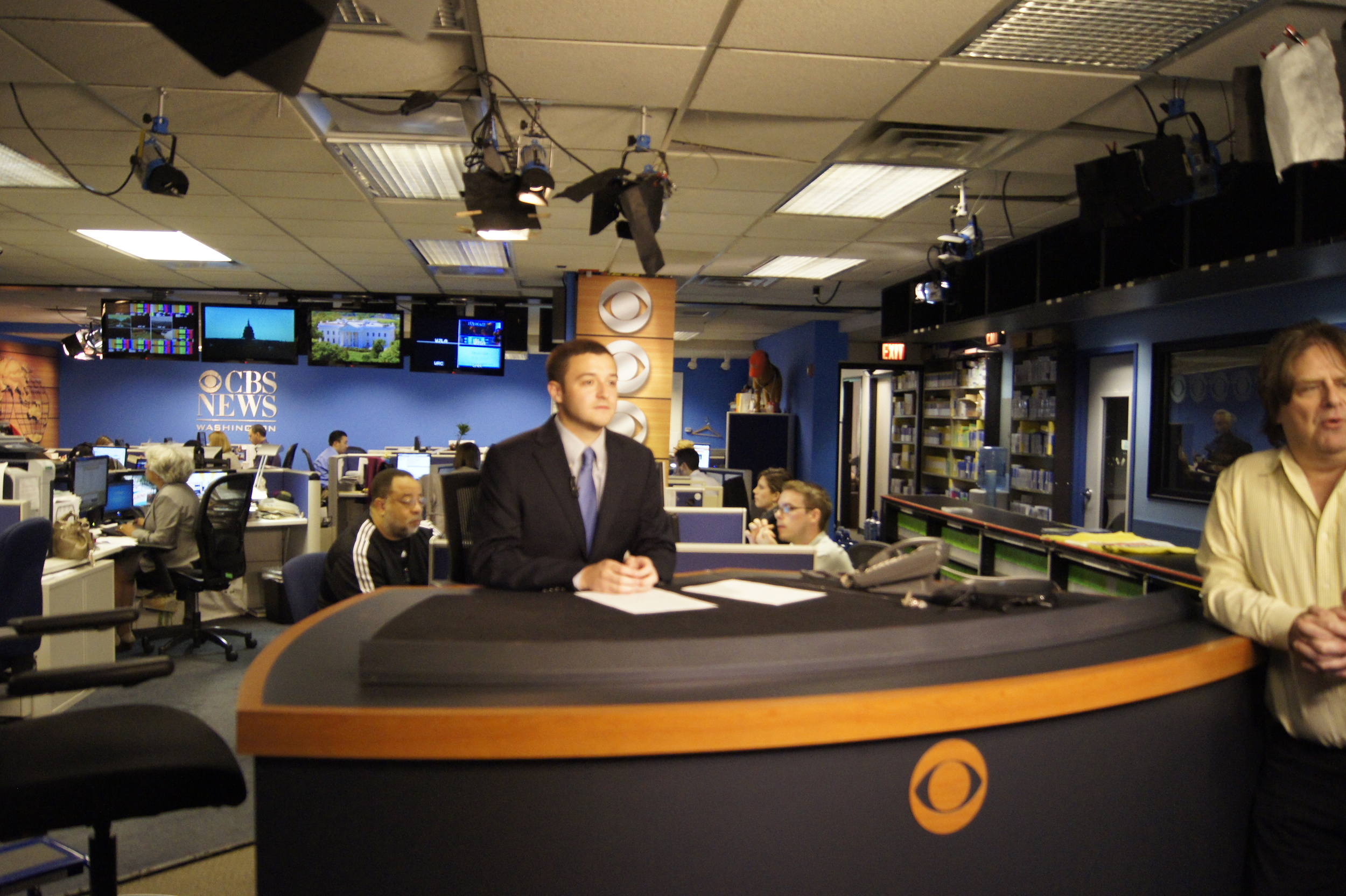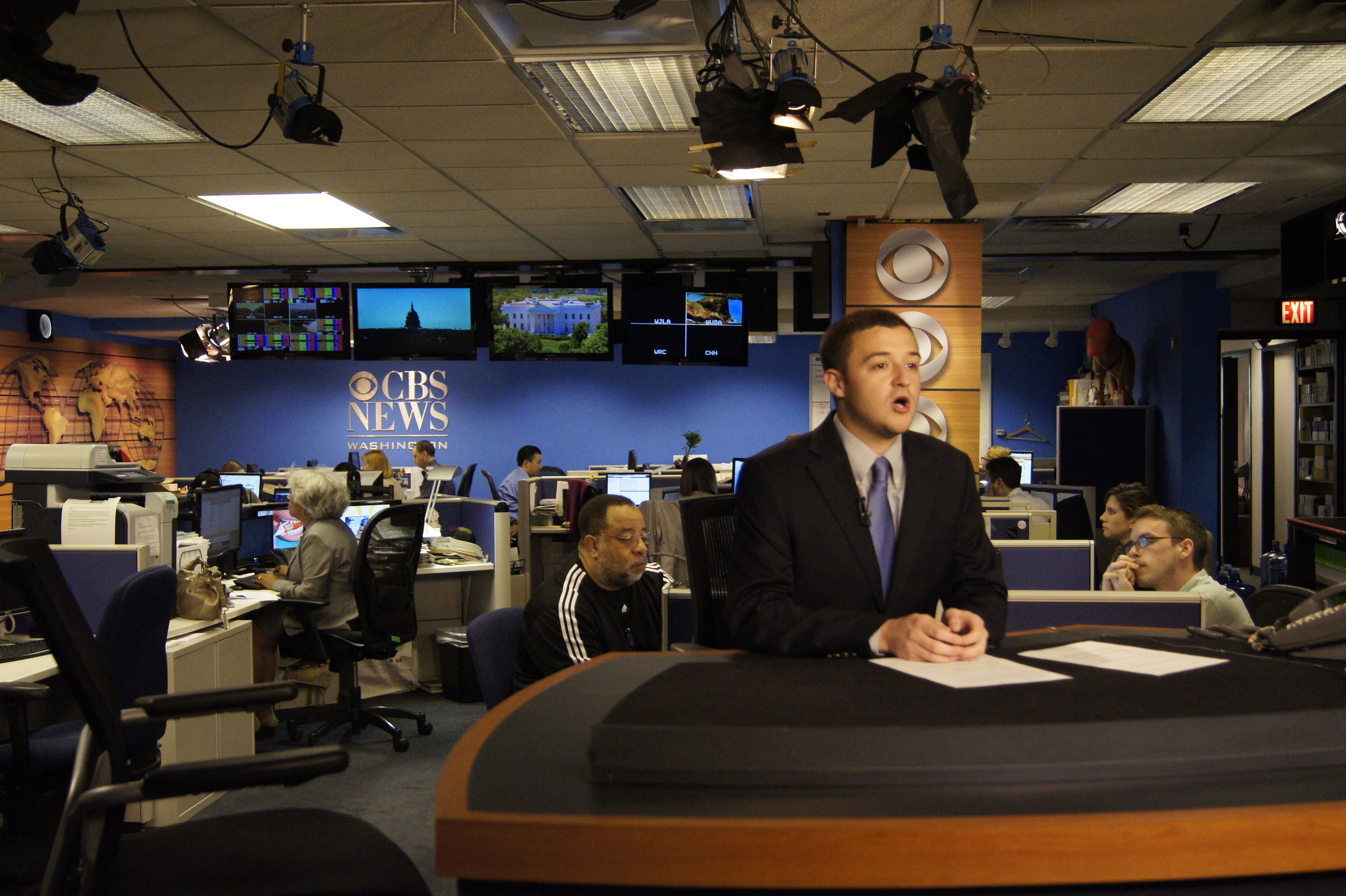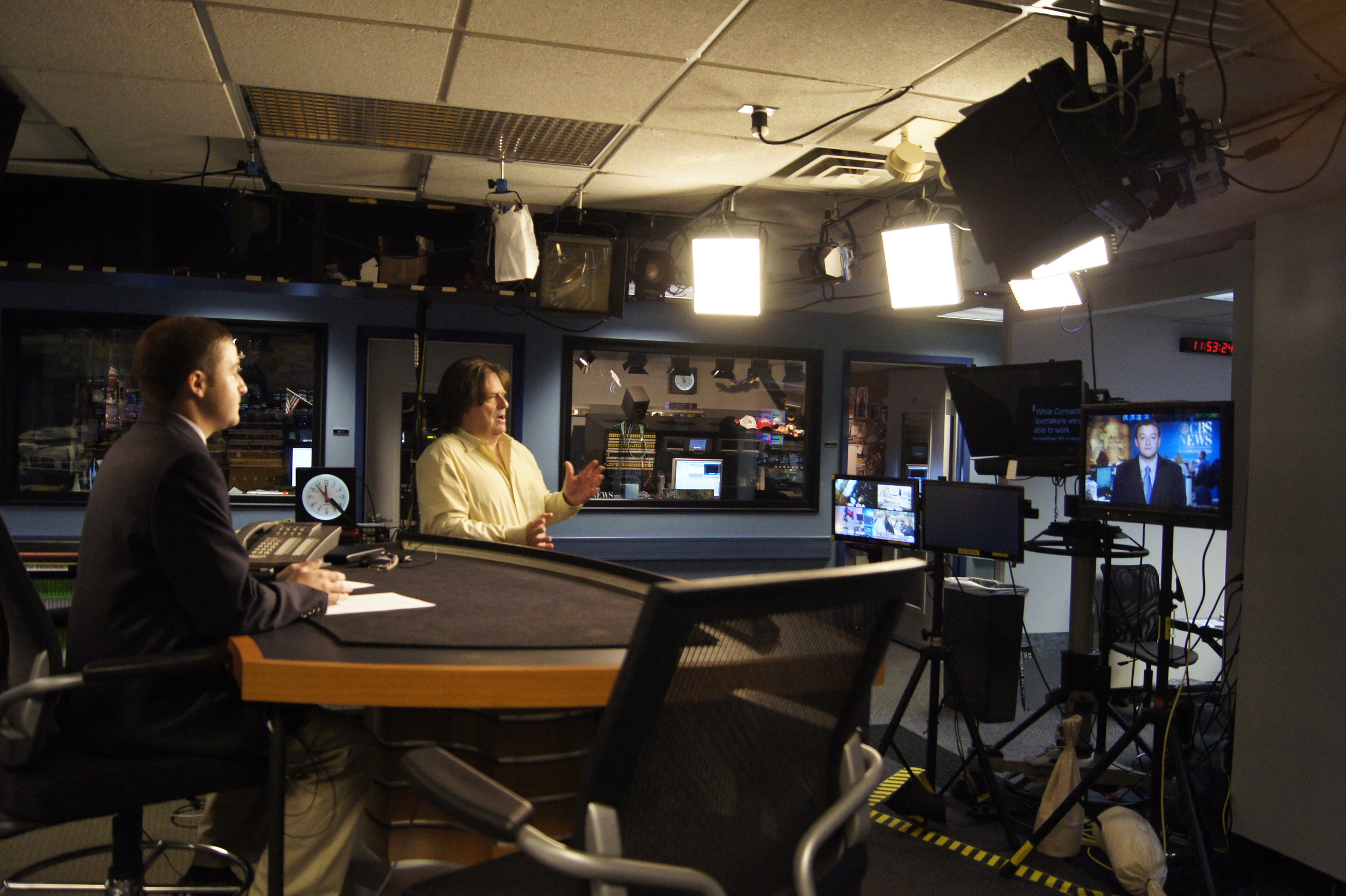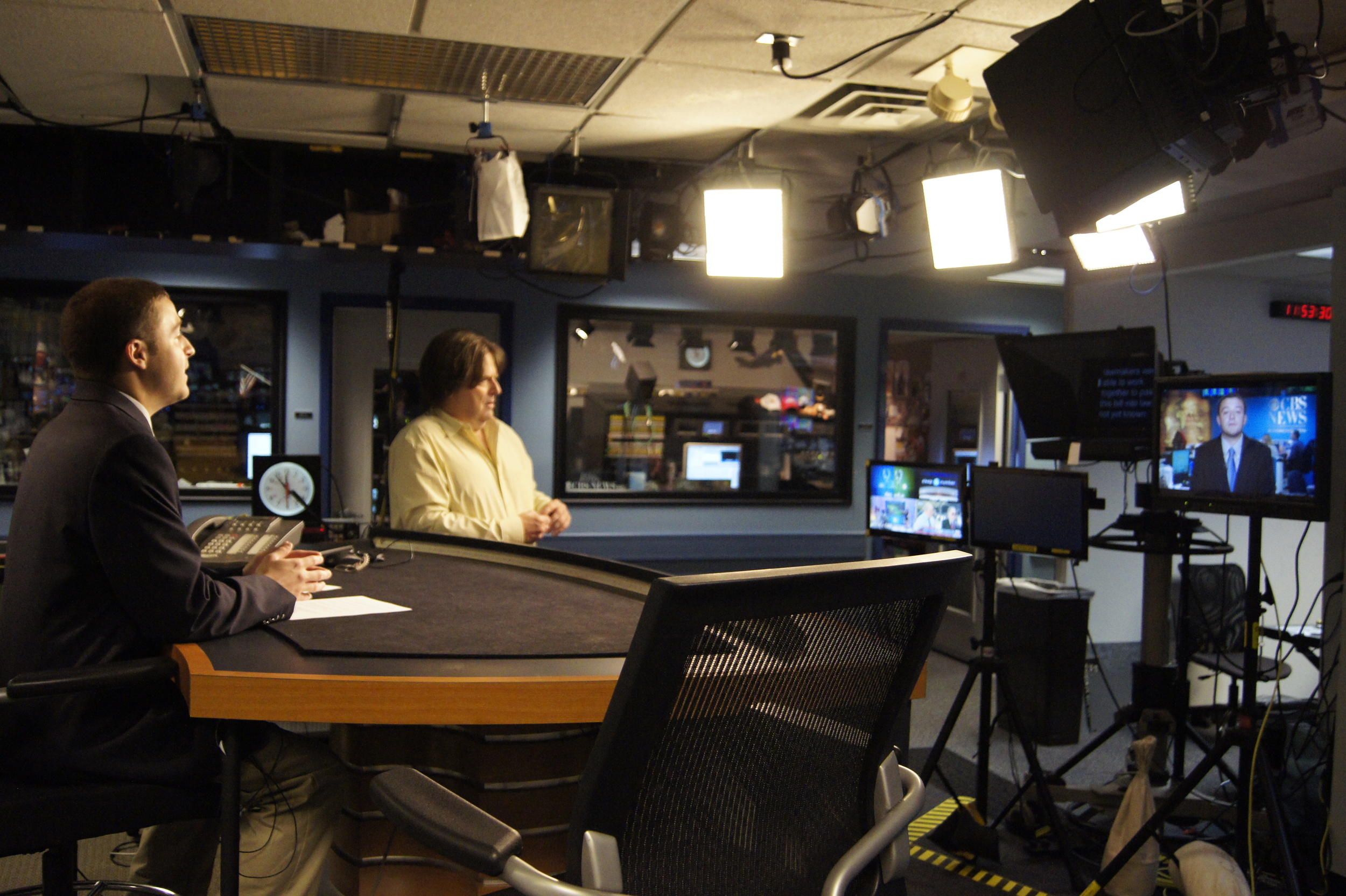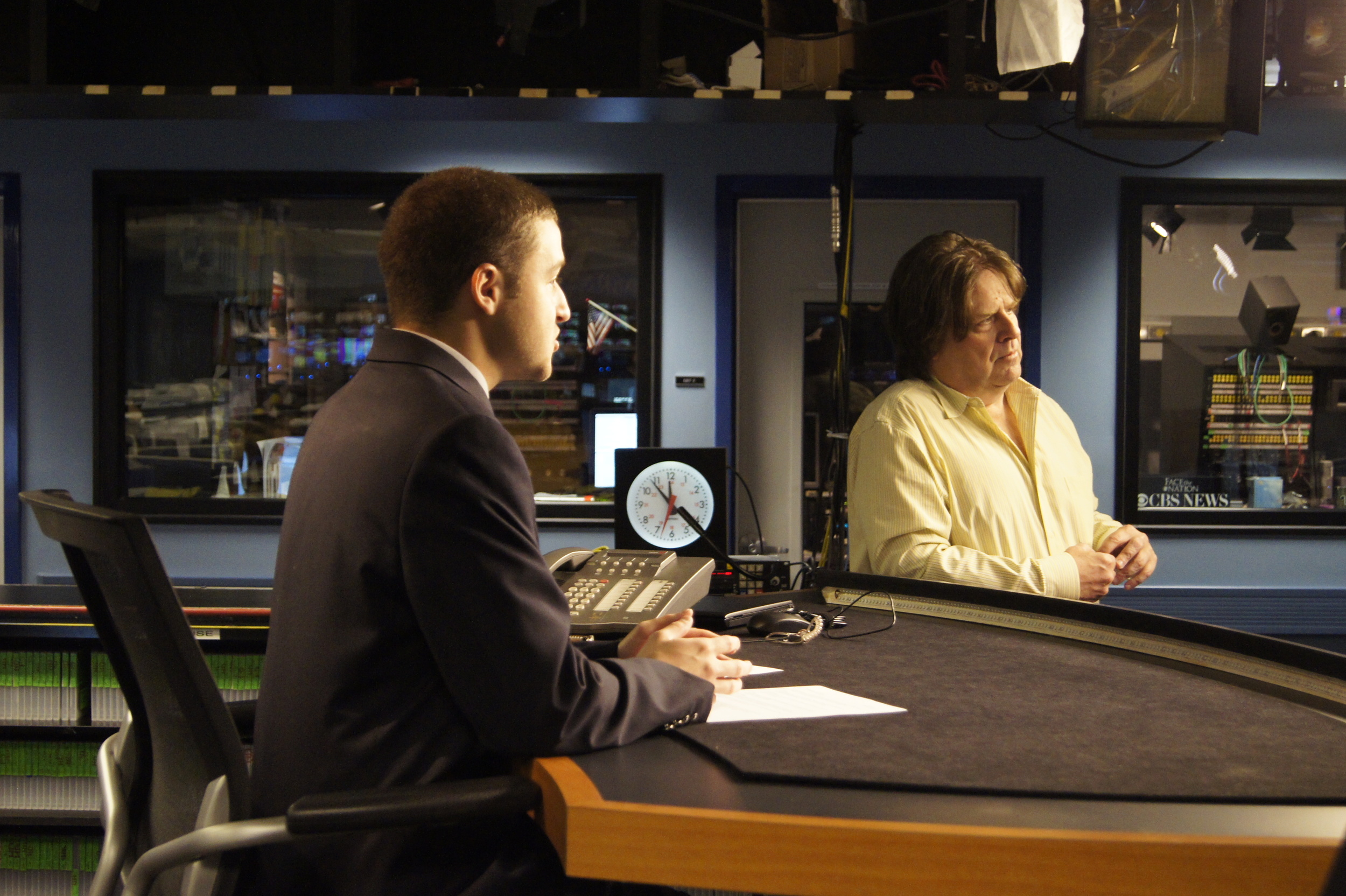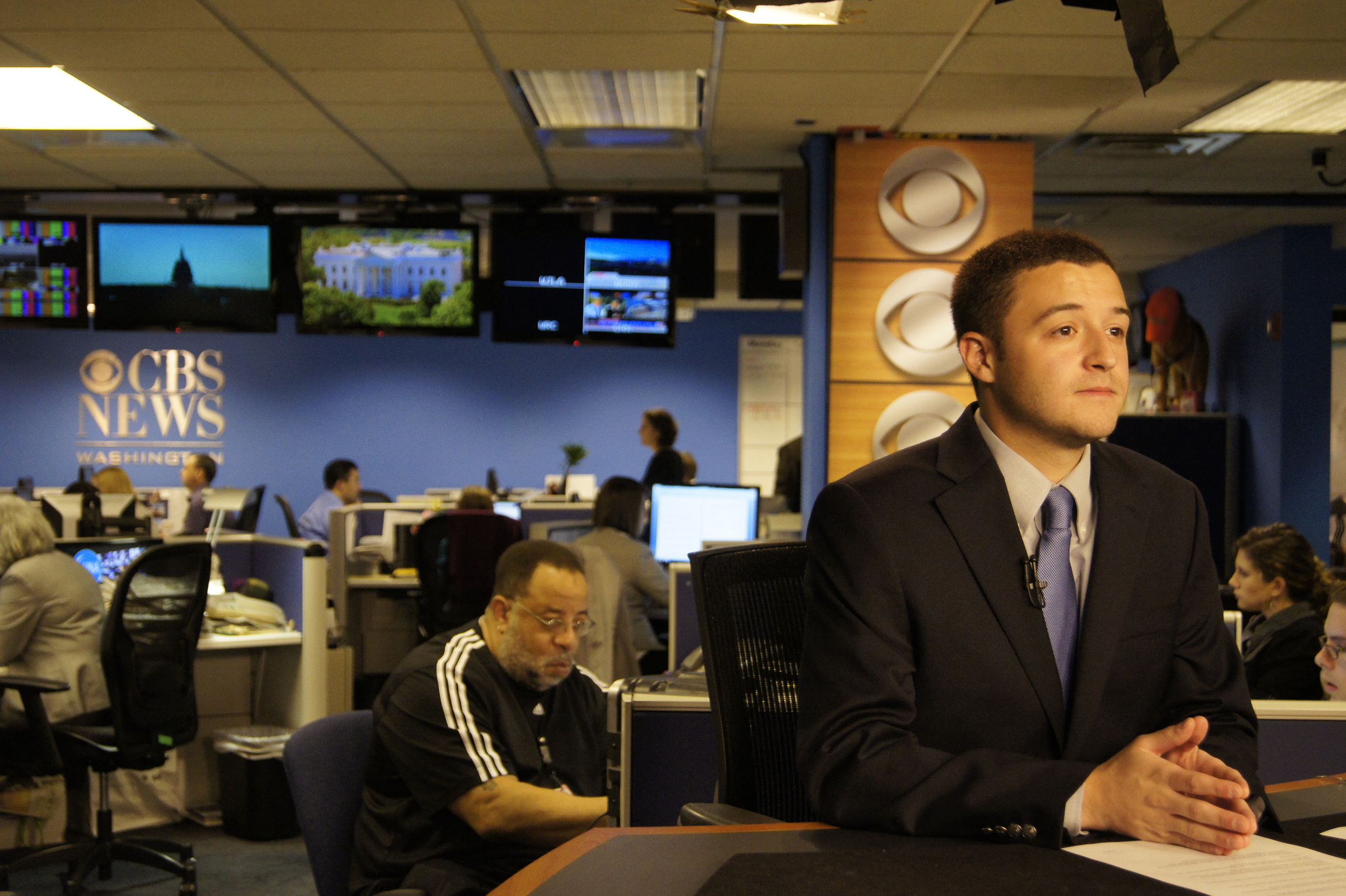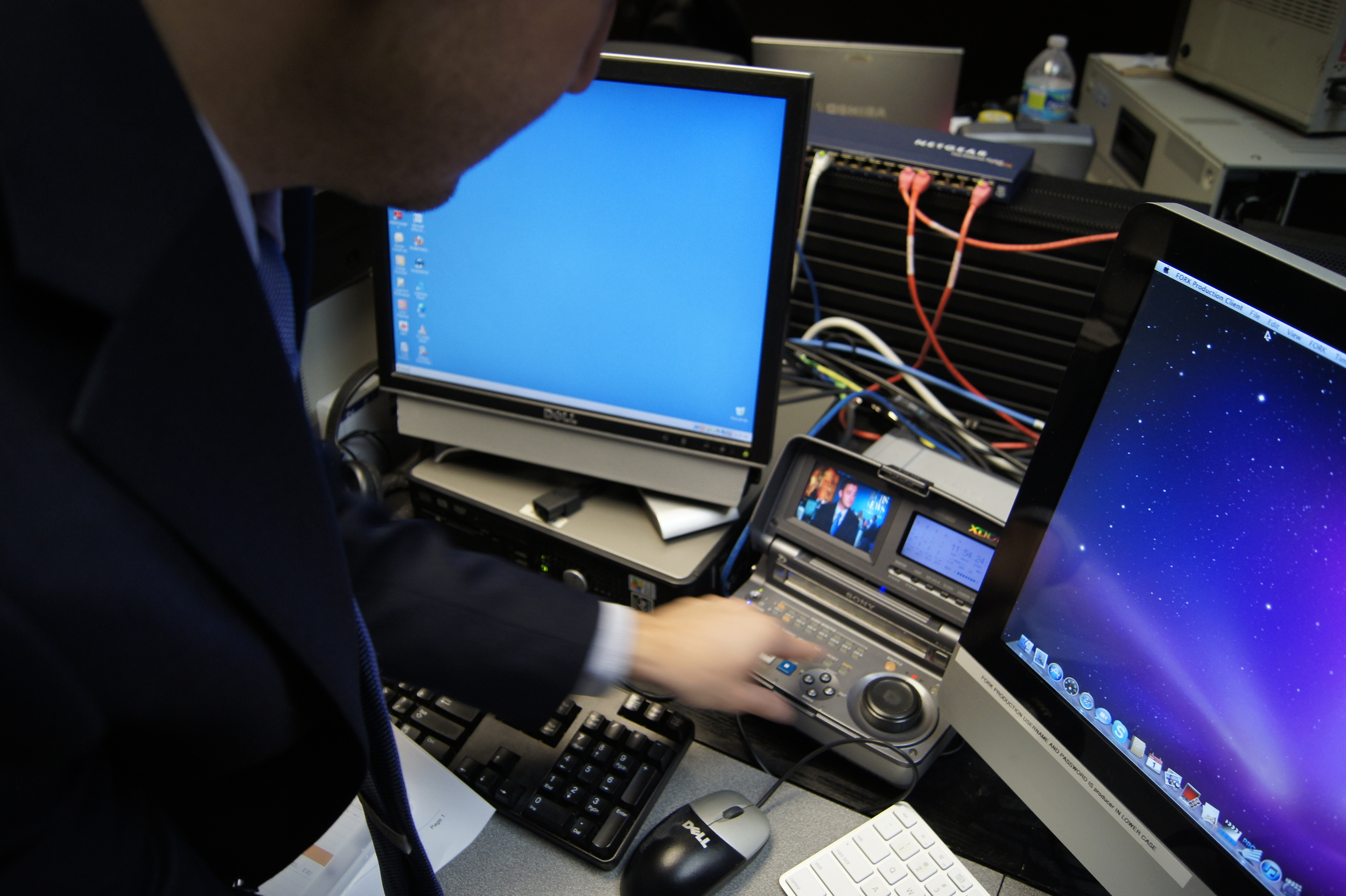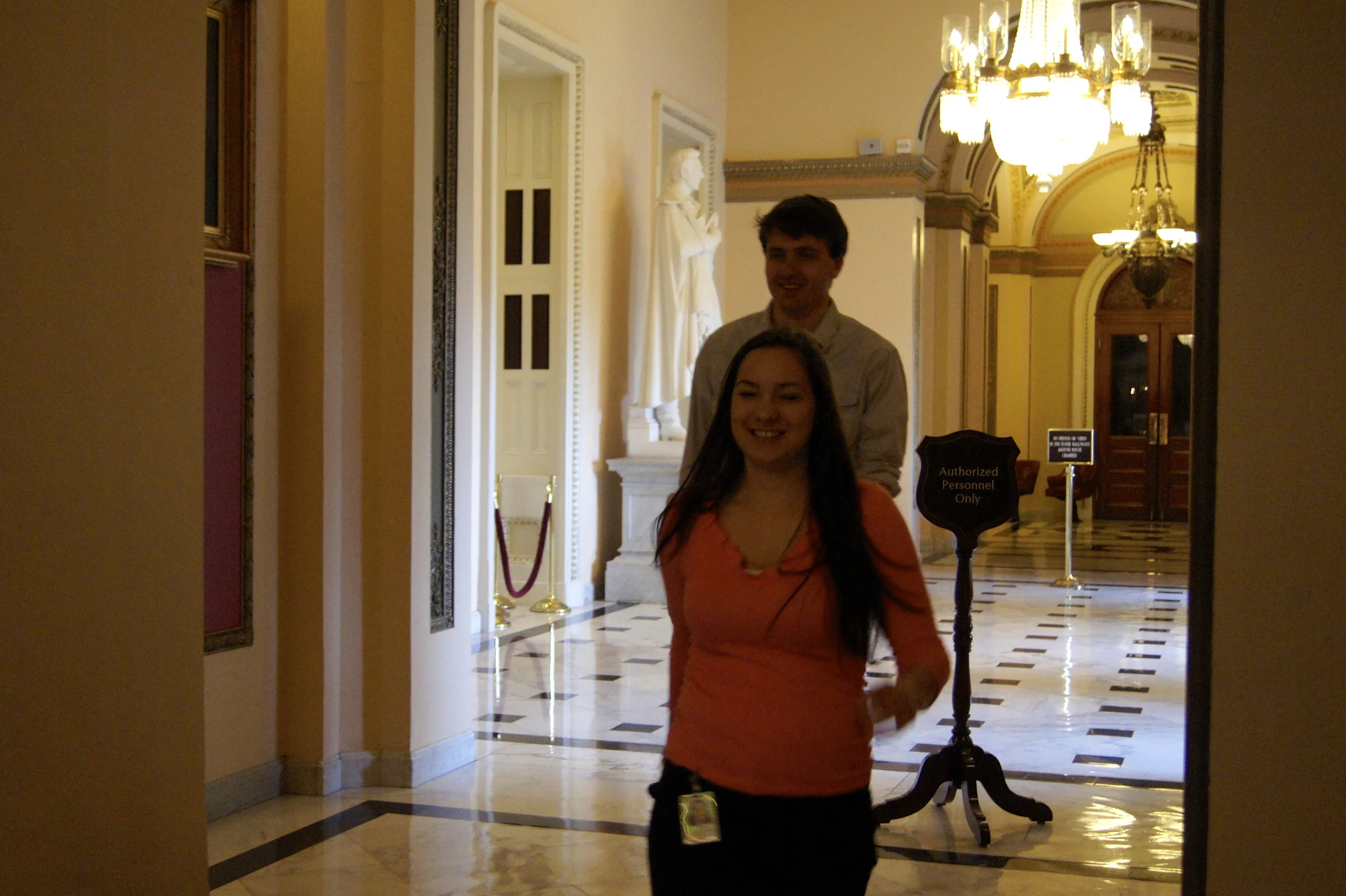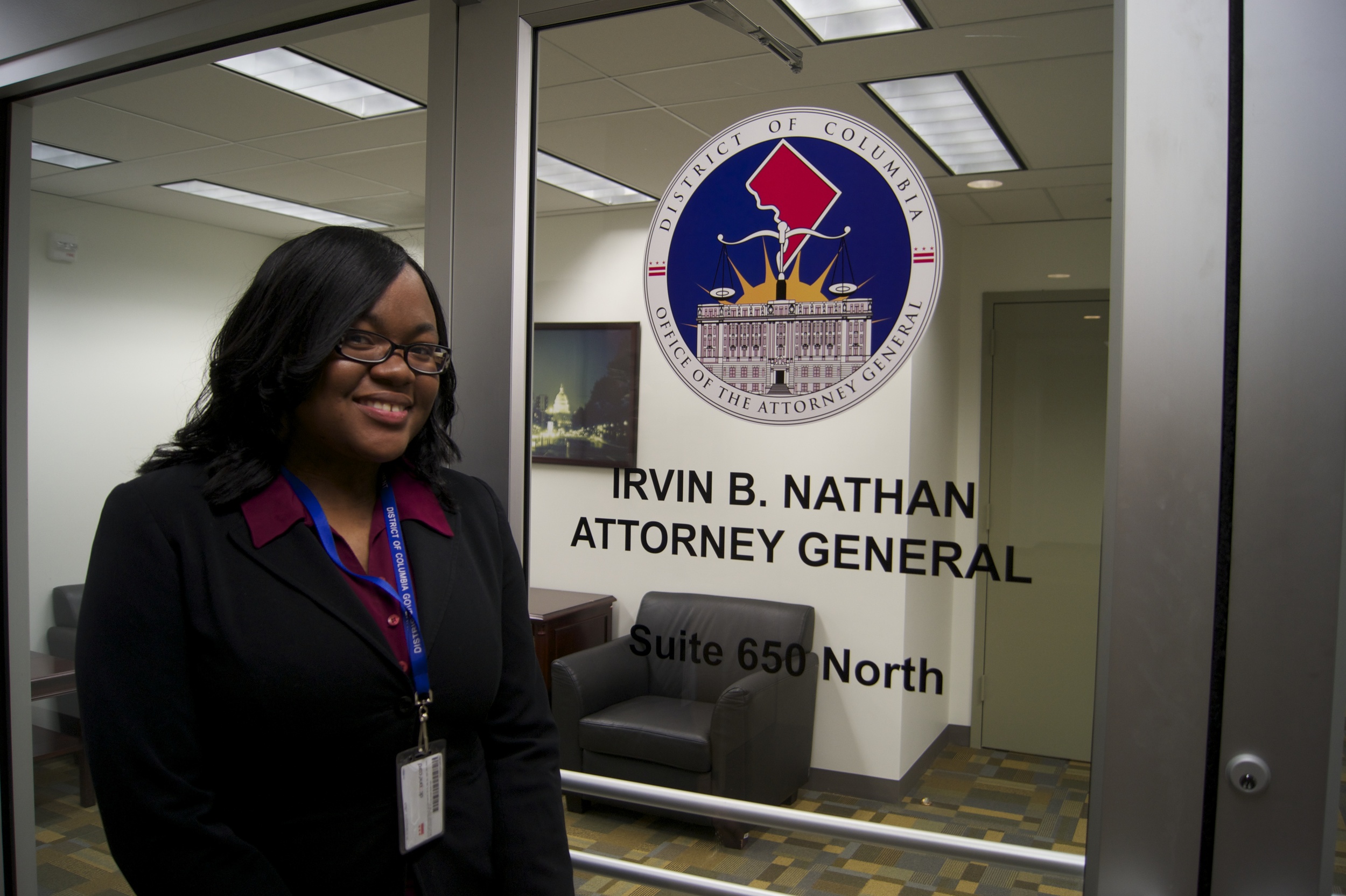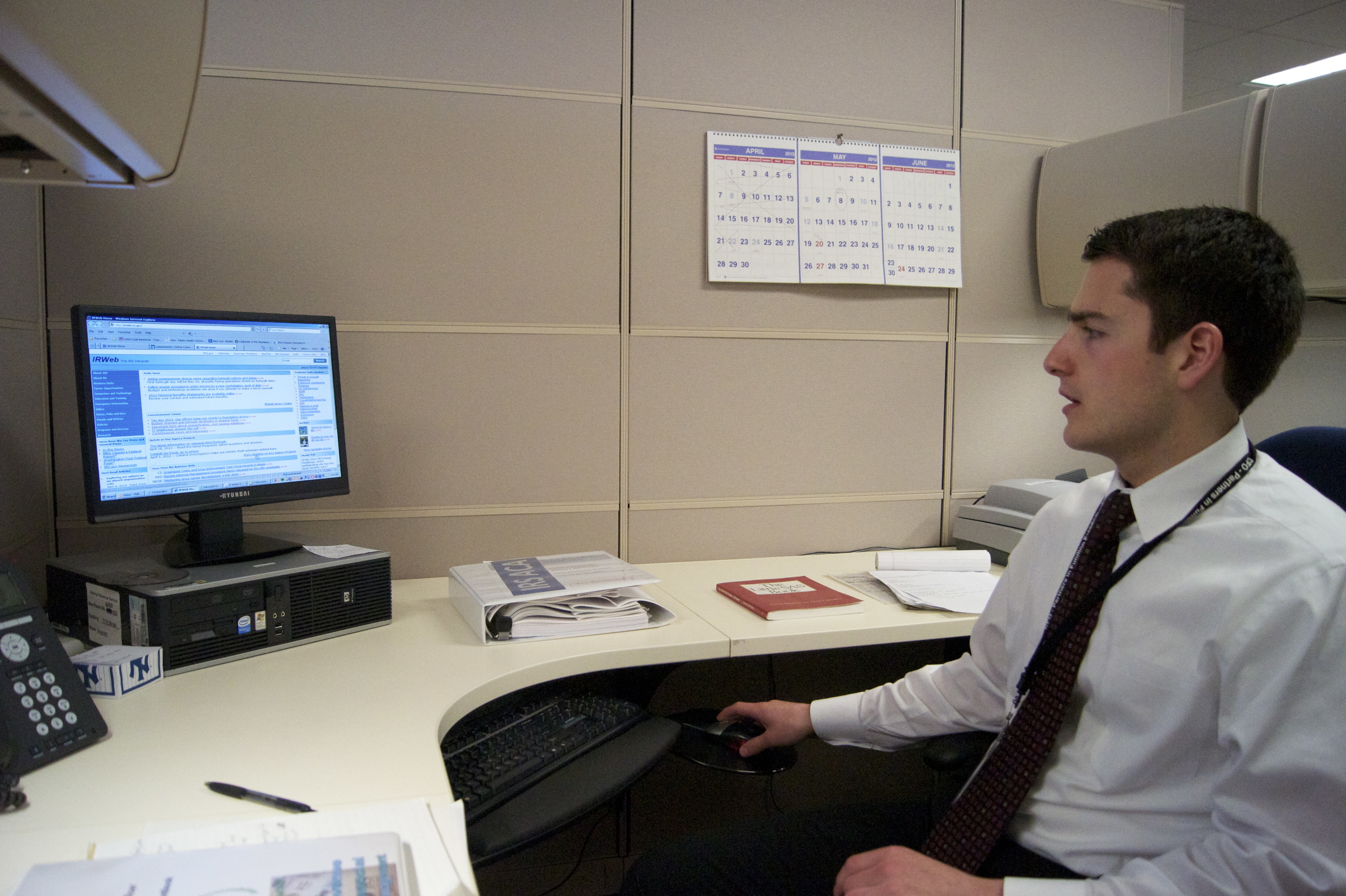I
wanted to start my journal entry with a little introduction. I was born in Yonkers, New York and raised
about twenty minutes away. I attended
Fordham Preparatory School, a Jesuit school in New York City, and continued
with my Jesuit education at Fairfield University. I am an avid cinema enthusiast, my favorite
director being Wes Anderson, and love the game of basketball. My interest in politics stems from childhood
visits to the nation’s capital and famous American Revolution sights like
Yorktown and Colonial Williamsburg. It
is my hope that I can someday work in the federal government in the capacity of
a Congressional or White House Staffer.
My typical day at Senator Schumer’s office starts with my
arrival at 9:00 AM. At this time I
log-in on my desk phone and begin listening to the constituents. As an intern, I am delegated the task of
screening phone calls. Constituents
certainly have the right to talk with someone with a specific expertise, but
not if they are going to yell and scream.
Interns are also expected to transfer calls throughout the office and
take the messages of constituents that they want to pass along to the
Senator. We receive a number of calls
from people who are not constituents and are instructed to hear them out, but not
record their message. Throughout the day
I log the messages of constituents and add them to a list that will be given to
the Senator.
At 10:00 AM, 2:00 PM, and 5:00 PM the office receives
mail. The Senator is constantly
receiving packages, junk mail, and constituent letters. Every conceivable magazine publication sends
the Senator their publications in the hopes of persuading his votes in the
Senate and work in the Democratic leadership.
We sort all desired materials into the mailboxes of the staffers that
are assigned to those issues. The
constituent mail is read, and then sorted into file folders of themes
(Environment, Energy, Defense, Israel, Health Care, Medicare, Medicaid, Tax,
LGBT Issues, Pro-Choice, Anti-Abortion, Labor Transportation, etc.). These folders will later be divided into
subsections, then have each sub-section’s names and addresses recorded into a
spreadsheet, and eventually have a form letter crafted to answer the major
theme of the constituent’s concerns. For
example, some of the Environment folder will be spilt into pro-fracking and
anti-fracking. Eventually those who sent
letters to the office will be compiled into a spreadsheet, their letters
shredded, and a response will be written to answer their concerns with how the
Senator plans to deal with the issue. We
also deal with letters from people that need help with a specific problem. Most recently those letters are still flowing
in about issues with FEMA in regards to Hurricane Sandy. All casework letters are forwarded to our
office in New York City. From time to
time we receive letters from children, photo requests, and scheduling requests
which are all given to the Senator’s personal assistant.
Those are the only two things that I will definitely do
throughout the course of the day. If
given the opportunity, I will seek out a staffer and engage them in a
conversation. I like to find out what it
is that they do and how they came into their position. I was recently trained on how to give a tour
of the Capitol. The spring is the height
of tour season because every middle school comes to Washington D.C. for a
trip. Those tours visit the old Senate
chamber, the old Supreme Court, the Rotunda, the Crypt, and the two statues
from New York hidden throughout the Capitol. I am really excited to get out of
the office and started with tours.






